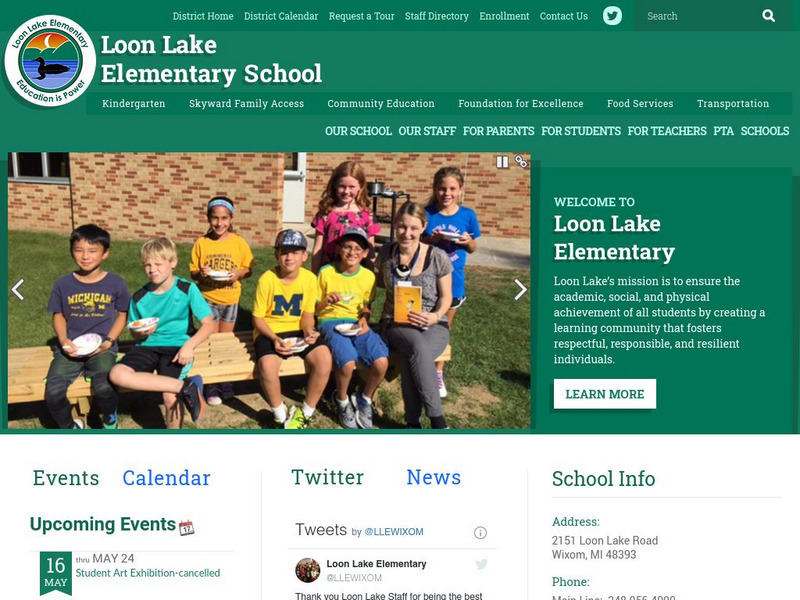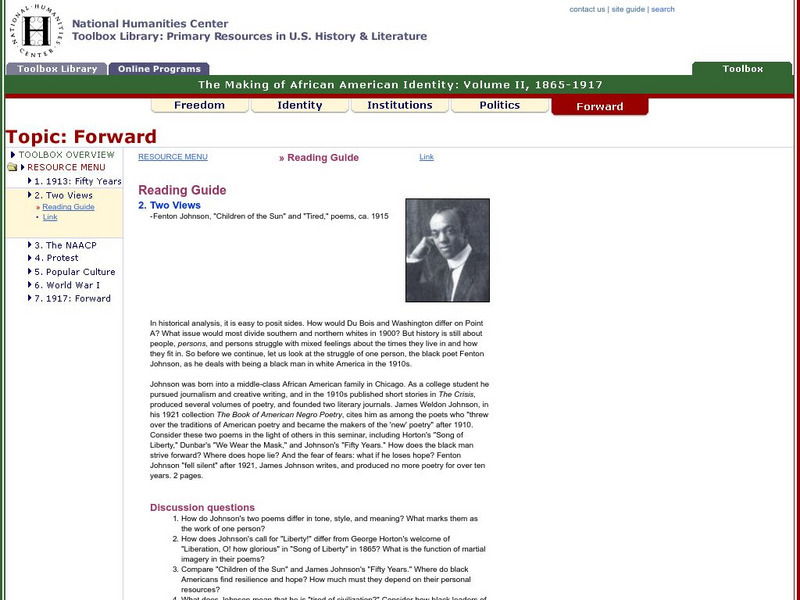A&E Television
History.com: Amerigo Vespucci
Amerigo Vespucci was an Italian-born merchant and explorer who took part in early voyages to the New World on behalf of Spain around the late 15th century. By that time, the Vikings had established settlements in present-day North...
Curated OER
Educational Technology Clearinghouse: Maps Etc: North American Colonies, 1783
A map of eastern North America in 1783 at the end of the American Revolutionary War, showing the territory of the newly formed United States as proposed by the Treaty of Paris, the Canadian border extending to the Ohio River proposed by...
University of Groningen
American History: Outlines: New Netherland and Maryland
Hired by the Dutch East India Company, Henry Hudson in 1609 explored the area around what is now New York City and the river that bears his name, to a point probably north of present-day Albany, New York. Subsequent Dutch voyages laid...
Other
All the News? American Revolution & Maryland's Press
Explore this collection of digitized historical newspapers and broadsides from the 1760s about pre-Revolutionary topics. Requires Adobe Reader.
Stephen Byrne
History for Kids: North American History
History reference page for elementary students provides an overview of early American history from the age of Columbus through the Civil War and abolition of slavery. Includes links to teacher resources.
Walled Lake Consolidated Schools
Loon Lake Elementary School: Vasco Nunez De Balboa
A brief biography of Spanish conquistador, Vasco Nunez de Balboa, featuring his successful voyage for Spain to the western coast of South America in the early sixteenth century.
Curated OER
Fort Caroline, 1564
Three European accounts of the disappointments, challenges, and outright failures to establish early successful colonial outposts in North America.
Curated OER
Introduction
This site explores Black America's quest for equality from the early national period through the twentieth century. Content includes the work of abolitionists in the first half of the nineteenth century, depictions of the long journey...
Curated OER
The Boston Massacre
The History Place provides this timeline broken into six different sections that highlight the important events from the early European exploration of America through to the United States becoming a country. Features include informative...
Curated OER
Vinland, From Accounts Contained in Old Northern Maps, Eleventh Century
A map of Massachusetts Bay and Cape Cod showing the area of early Norse exploration in America. "In 986 A.D. a Norseman named Herjulfson, who was voyaging from Iceland to Greenland, was driven by a gale far out of his reckoning to the W....
Curated OER
Educational Technology Clearinghouse: Maps Etc: Mississippi Valley, 1672 1673
A facsimile from the collection of Francis Parkman (1865) of an early map of the Mississippi River Valley from the Great Lakes to the Gulf of Mexico, showing the explorations of Father Jacques Marquette (1672-1673). The map shows Lac de...
Curated OER
Educational Technology Clearinghouse: Maps Etc: Mississippi Valley, 1682
A facsimile of a map by Jean Baptiste Louis Franquelin (1682) of the Mississippi River Valley from the Great Lakes to the Gulf of Mexico showing the explorations of Robert LaSalle (Rene-Robert Cavelier, Sieur de la Salle) as far south as...
Curated OER
Facial Reconstruction of Skull Excavated in Jamestown
Three English, a French, and a Spanish primary account of the staggering losses, misery, and deprivation that characterized early European settlement as well as the resilience needed to overcome those challenges.
National Humanities Center
National Humanities Center: Toolbox Library: Two Views, Making of African American Identity: V. 2
Two poems that explore the struggles of African Americans in the early-twentieth century. Links to both poems by Fenton Johnson are provided, and illustrate the struggles experienced as black man in white America in the 1910s








